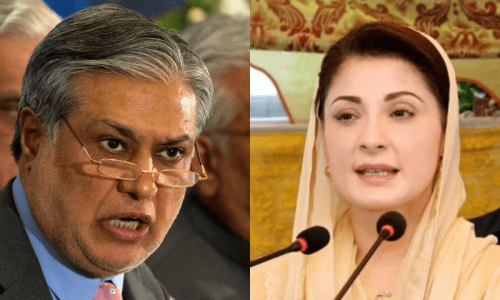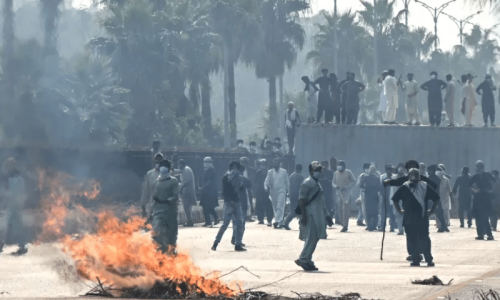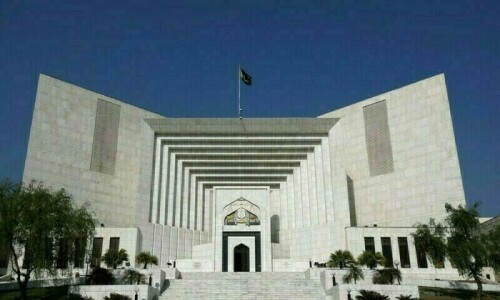ISLAMABAD: The National Commission for Human Rights (NCHR) on Friday expressed concern over the high percentage of incomplete nikahnamas (marriage contracts) registered from 2016 to 2022 in a diagnostic study of Punjab titled ‘Protecting Women’s Marriage Rights in Pakistan’.
The study highlights that 60pc of nikahnamas were incomplete. The findings were discussed in the first working group meeting of ‘Inter-Provincial Working Group on Protecting Women’s Marriage Rights’.
The meeting was third in the series of working groups, to discuss the provincial differences in legislation and implementation framework regarding women’s marriage rights across Pakistan.
The diagnostic study showed that the bride’s CNIC number was missing in 48pc of the total nikahnamas out of which 75pc of brides were marked between the age of 16-18.
Only 8pc of nikahnamas contained the right of monthly allowance, 39pc had nan nafqah/haq meher documentation column crossed out or left blank and 97pc of the nikahnamas did not give delegation of right of divorce out of which 40pc had the column crossed or left blank.
In addition to this, 51pc of nikahnamas did not contain any special conditions, only 24pc of nikahnamas mentioned date of registration whereas the brides’ ages were mentioned in only 6pc of the documents.
Speaking on this occasion, NCHR chairperson Rabiya Javeri Agha highlighted the importance of clarity of laws on the definition of a child.
“There are different laws and policies such as Article 11-3 and Article 25A of the Constitution, which give a differing interpretation of the age of a child. There should be uniformity and consensus in federal and provincial laws,” she said, emphasising on the importance of focusing on the nikahnama as a legal document to ensure protection of women’s marriage rights.
Fatima Yasmin Bokhari, who is chief executive officer (CEO) of Musawi, an independent organisation with a broad and multidisciplinary research mandate and emphasis on all facets of development, welcomed the guests and stressed on the need to build a multi-stakeholder collaboration for advocacy on marriage rights on an inter-provincial platform to share best practices and enable cross learning from differing provincial legal frameworks, processes and practices.
NCHR Member (Punjab) Nadeem Ashraf expressed his idea of creating systemic improvement and the possibility of a uniform policy between all provinces and Islamabad Capital Territory (ICT) regarding marriage rights to ensure the mutual benefit of every province with future and existing laws.
Participants of the working group included Senator Falak Naz, Senator Seemee Ezdi, Member of the Provincial Assembly of Sindh Sharmila Faruqui, former senator Sitara Ayaz, civil society members, government officials and other relevant stakeholders. Participants stressed the need for uniform laws in respect of marriage rather than relying on differing provincial laws.
They also urged on the importance of implementation of existing marriage rights related laws and policies.
Further, they recognised the need to spread awareness about rights mentioned within the nikkahnama contract.
Published in Dawn, February 4th, 2023












































Dear visitor, the comments section is undergoing an overhaul and will return soon.